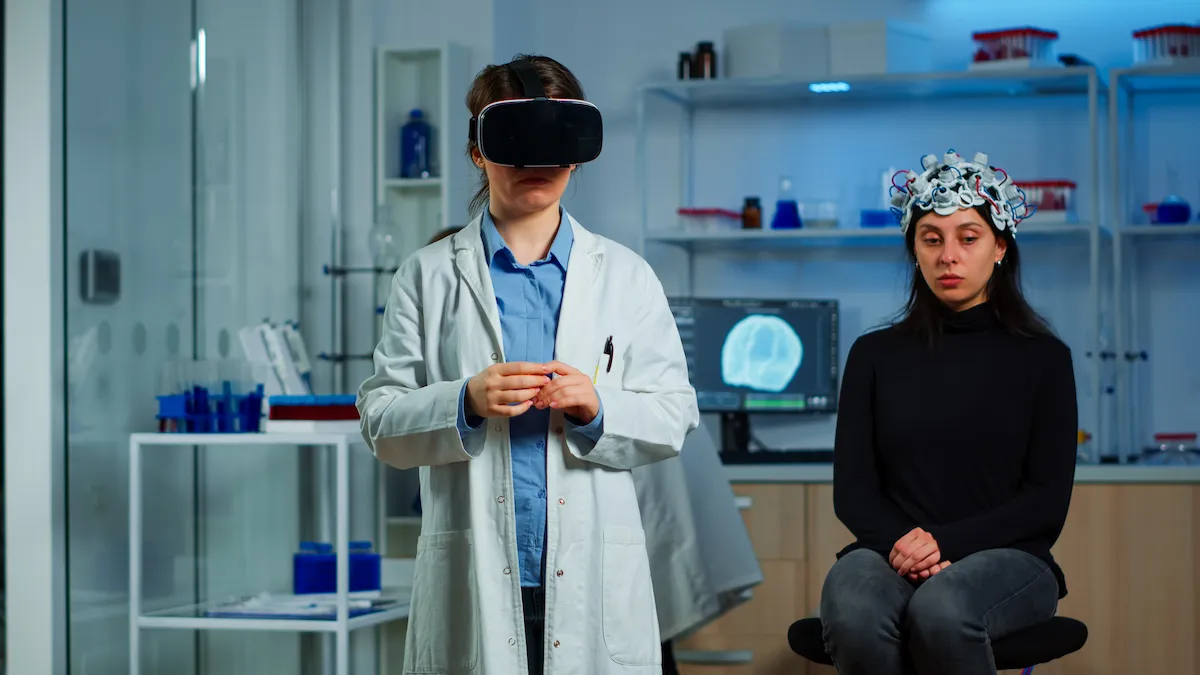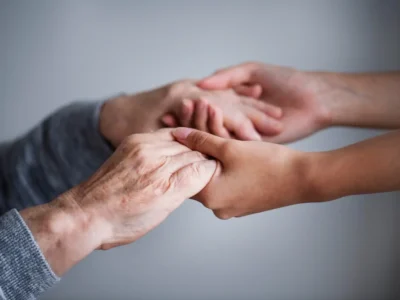One in two people experience cognitive impairment, affective disorder or behavioral change after a stroke, the main cause of acquired brain injury in Spain.
Psychiatric disorders that follow an acquired brain injury affect the social integration of affected people. In patients with severe traumatic brain injury behavioral disturbances stand out as psychological sequelae. Psychopharmacology is an additional tool in their treatment.
Psychopharmacology in psychiatric disorders
Diseases of the cerebral vascular system cause mental problems, and up to one third of patients present depressive episodes with a very variable range of severity. Issues such as this and those previously mentioned were addressed in the V Course of the Consortium of Clinical Neuropsychology (CNC): Praxias & Neuropsychology on psychiatric disorders. José Ignacio Quemada, director of the Red Menni de Daño Cerebral, participated in this scientific meeting to discuss psychopharmacology in mental disorders associated with brain injury.
It is estimated that more than 50% of patients with stroke have some form of alteration or change in mental functioning, such as cognitive impairment, affective disorder or behavioral change. According to Dr. Quemada, the mental problems that arise from diseases of the cerebral vascular system are much less studied and less disseminated than motor impairments, despite being so prevalent and causing great social dysfunction and significant intra- and interpersonal suffering.
Strokes are on the rise and affect more than 100,000 people in Spain each year. They currently represent the leading cause of disability in adults. The prevalence of brain injury is increasing as a consequence of lower mortality associated with stroke and increased life expectancy.
Read the full article on dañocerebral.es
Other articles about brain injury
“This article has been translated. Link to the original article in Spanish:”
Trastornos psiquiátricos en el daño cerebral adquirido






 NeuronUP brings you closer to Acquired Brain Injury
NeuronUP brings you closer to Acquired Brain Injury
Leave a Reply